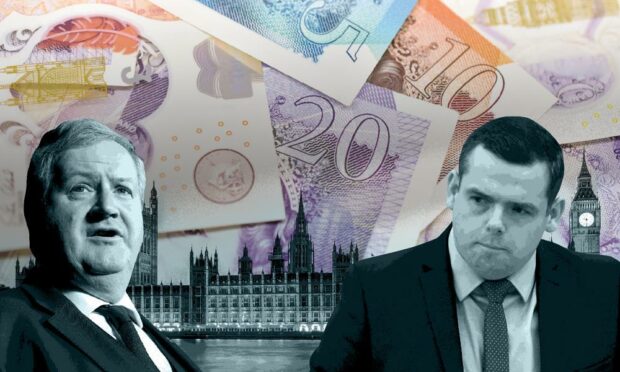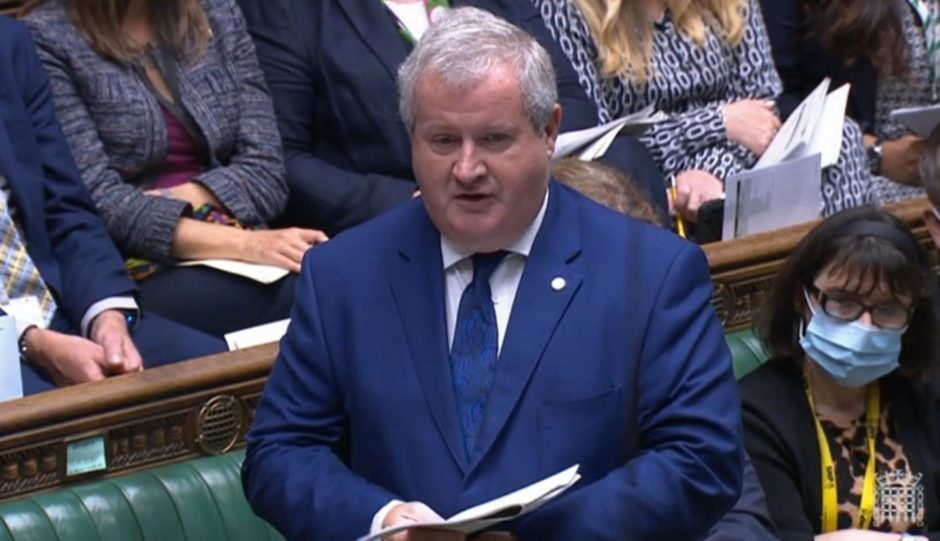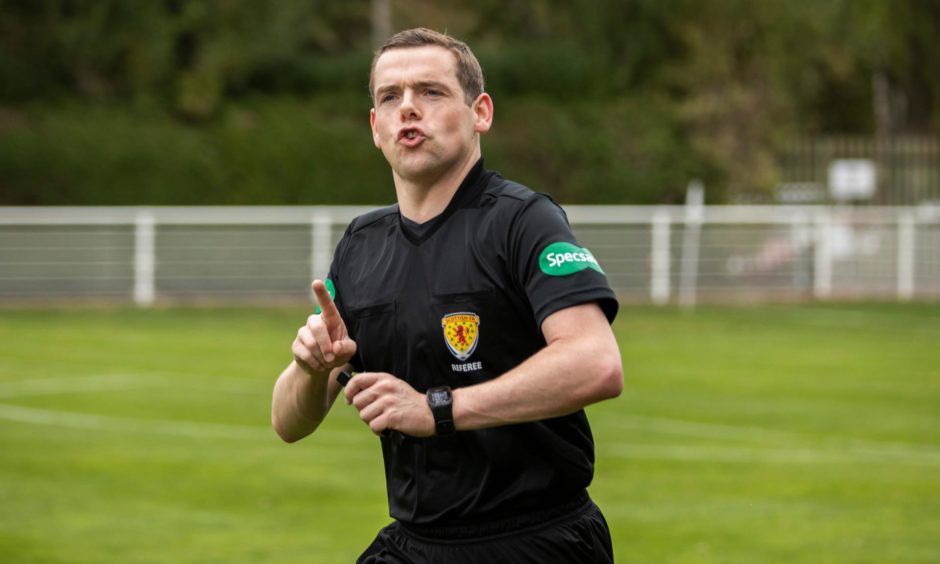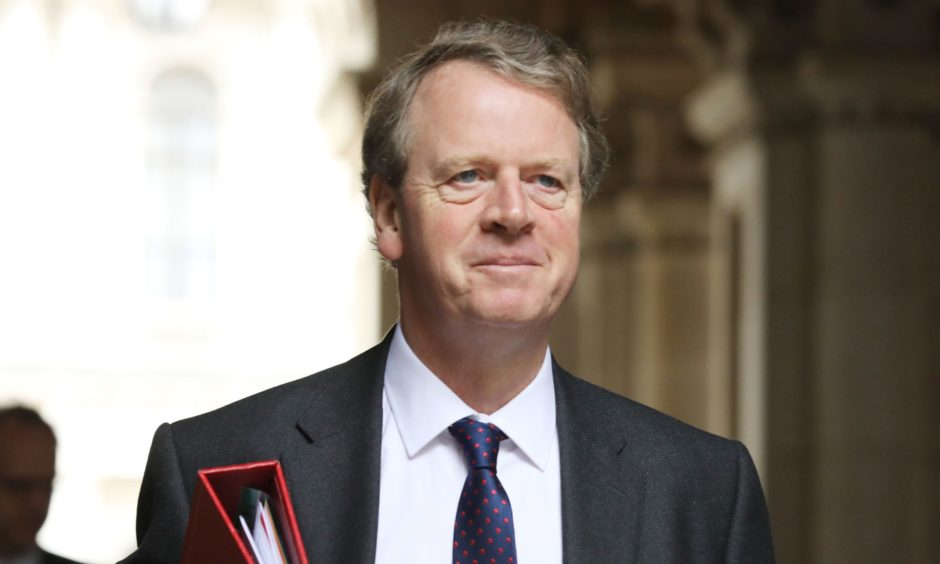Scottish MPs have raked in at least £310,000 above their parliamentary salaries since the last general election.
The row over MPs’ second jobs was reignited this week when it emerged Tory MP Sir Geoffrey Cox, who was Attorney General during the height of Brexit negotiations, registered a total income of £970,000 last year.
Questions over the extent of his outside work and the ability of other MPs with such busy portfolios to properly represent their constituents comes hot on the heels of a series of lobbying scandals at the heart of Westminster.
The fresh scrutiny immediately led to an apology from Scottish Tory leader Douglas Ross – the MP for Moray – who had failed to declare his MSP wage and some of his income from being an assisted referee.
MPs are allowed to have other jobs but must publicly declare any additional income, gifts, donations and shareholdings over 15%.
They are forbidden from getting paid “in return for advocating a particular matter” in Parliament.
They are allowed to lobby their colleagues on behalf of a cause as long as they have not served in government for two years.
Blackford’s earnings from trust job
SNP Westminster leader Ian Blackford declared £38,967.36 plus £1,575.85 a day for any additional work from his role as chairman of Golden Charter Trust Ltd.
The organisation protects the money people pay for their funeral plan with the company Golden Charter.
The SNP Westminster leader is also an unpaid director of First Seer, the company that owns his families croft business and ancillary activities.
What Douglas Ross earns from football
Scottish Conservative leader Douglas Ross declared his £5,106.70 earnings as a professional football referee.
These range from £112 for being a standby official and £445 for being a match-day official for top-flight games in Scotland to £1,356.25 for working as an assistant referee for Shakhtar Donesk v Benfica in November.
Mr Ross, who is a list MSP for the Highlands and Islands as well as Moray’s MP, donates his monthly wage from the Scottish Parliament to local charities.
MPs’ high earnings from surveys
Several Scottish MPs are making staggering sums from carrying out paid surveys for market research and electoral polling companies, such as YouGov, Ipsos MORI and Savanta ComRes.
Glasgow North MP Patrick Grady declared payments for 50 paid surveys ranging from £40 to £275 for as little as 30 minutes work, raking in a total of £4,830.
Angus MP Dave Doogan, another SNP member, was paid £4,575 for 30 surveys, Paisley and Renfrewshire North’s Gavin Newland made £1,455 from nine surveys, and North Ayrshire and Arran’s Patricia Gibson earned £975 from 13 surveys.
Glenrothes MP Peter Grant earned £1,765 from 19 surveys but donated the cash to charities in his constituency.
Meanwhile, several MPs collected pay cheques for their media responsibilities, with Alba MP Kenny MacAskill making £23,860 from his columns in the Scotsman and Scots Magazine and John Nicholson earning £32,900 for hosting a radio show.
Tories declare linked donations
The Scottish Tories were the only party to declare donations that are linked to MPs but received by a local party organisation or indirectly through the central party.
Scottish Secretary Alister Jack received two payments, each of £6,000, for his campaign fund from an individual called from John Cooper.
Berwickshire, Roxburgh and Selkirk’s John Lamont declared £10,000 from an individual called Ian McVeigh, whose name appears against a number of donations of similar amounts to Conservatives MPs based elsewhere in the UK.
David Mundell received £2,500 from Preston-based telecommunications infrastructure firm IX Wireless. No reason is given for the donation.
The Dumfriesshire, Clydesdale and Tweeddale MP was also treated to flights, accommodation, internal travel and meals with a value of £7,473.67 by the Qatari ministry of foreign affairs to meet ministers.
The trip, which was also attended by Labour’s only Scottish MP, Ian Murray, and the SNP’s Martyn Day, was to “to discuss Qatar’s humanitarian and political response to the Afghanistan crisis, preparations for the World Cup, workers’ rights reform and bilateral relations”.



